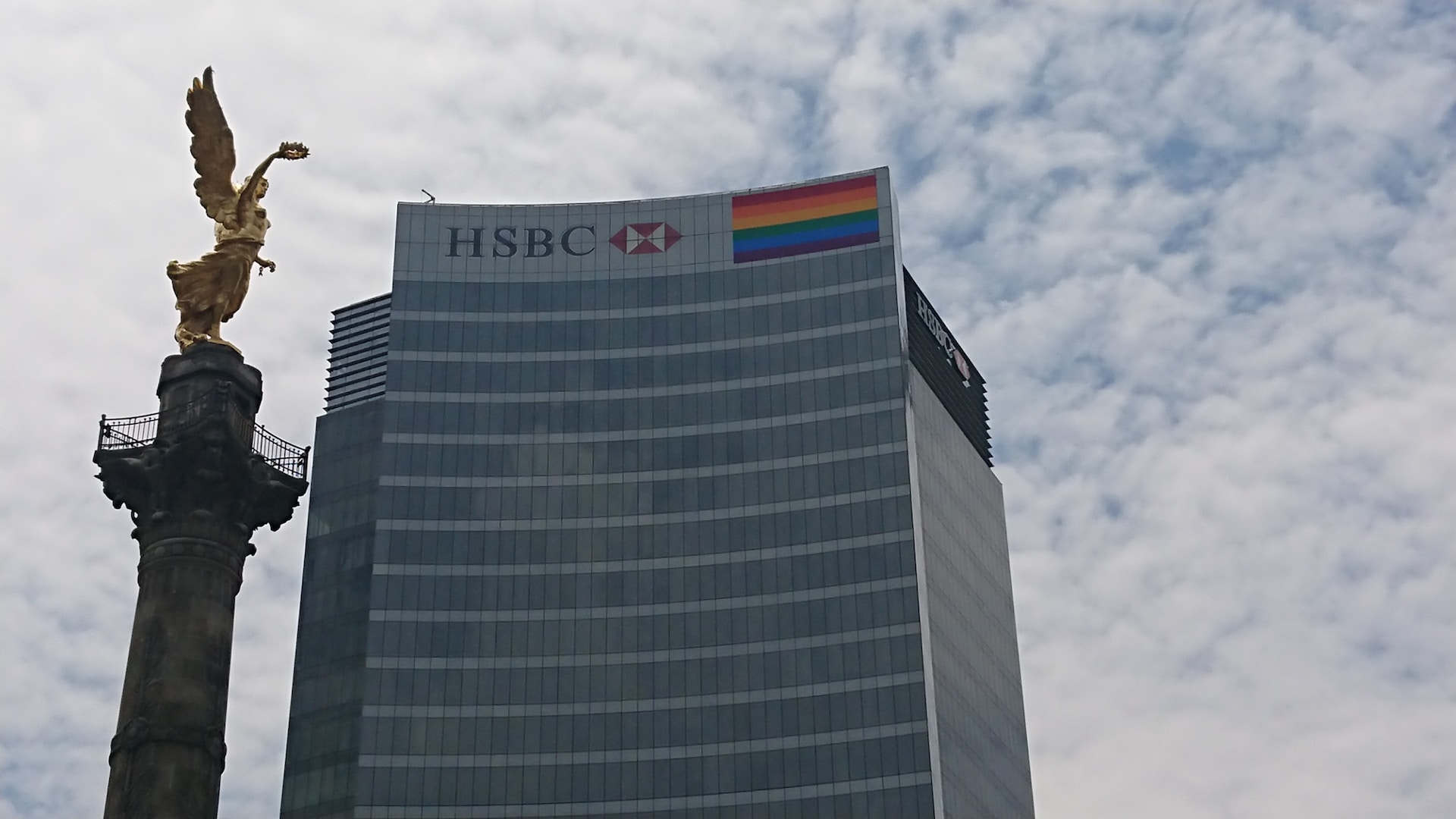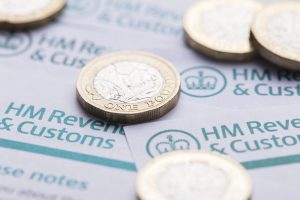How Will Silicon Valley Bank Failure Affect the UK?

On Friday, March 10, 2023, Silicon Valley Bank (SVB) collapsed due to a steep decline in its share price. This was the culmination of a series of events that had taken place in the bank in less than a week, from its trading of long-term bonds in exchange for cash to its announcement of efforts to raise capital toward recovering the losses realized from bond sales. In truth, the events that led to this ultimate failure had begun several months ago; the bank was apparently unable to see what lay ahead.
Previously the 16th largest bank in the United States, SVB was one of three US-based financial institutions that recently crashed rapidly. The crash is said to be the most devastating since the 2008 financial crisis, which also saw the ousting of several banks from the market. Months before this, SVB had set up a branch in the United Kingdom — and secured more than £6 billion in deposits. So, what happens to this UK branch, the businesses who deposited their funds there, and the UK’s business environment in general?
What Really Caused SVB’s Failure?

At its core, SVB failed due to a “bank run” — a case where there is a surge in withdrawal demands from the bank due to fears by depositors that their finances are not safe. SVB lacked sufficient cash to meet these demands, so it was compelled to trade long-term bonds in exchange for money, realising $1.8 billion in losses. But these losses came to exist because the US Federal Reserve had earlier increased interest rates to curb inflation. Since SVB’s long-term bonds were not subject to these new interest rates, they were less valuable in the financial market.
Several events occurred after this mess: the company’s efforts to raise capital by selling equity, the withdrawal of even more funds by depositors, and the eventual collapse of SVB’s share price by 60%. Subsequently, the US Federal Deposit Insurance Corporation (FDIC) shut down the bank’s activities as it had become too insolvent to execute financial obligations. Moreover, this negatively impacted the strength of the dollar, as the US Dollar Index (aka DXY) showed a slight decrease in the week of the collapse. Take a look at the DXY chart.
SVB UK and HSBC’s £1 Acquisition

Although the collapse of SVB certainly affected its UK-based subsidiary, it did not deliver a major blow to the UK’s banking sector.
Nonetheless, the UK companies banking with SVB were faced with a risk of failure themselves, with consequent impacts on the nation’s tech and business space. This exposure had to be handled with joint efforts from the UK government and the Bank of England.
On Monday, March 13, 2023, HSBC announced that it had acquired SVB UK for £1 after a series of discussions. With up to $2 trillion in deposits, HSBC was well-positioned to take up SVB UK’s assets, which could then be used to expand HSBC’s operations regarding geography and sector. It was also buoyant enough to assume SVB UK’s liabilities and assured depositors that their funds were safe.







